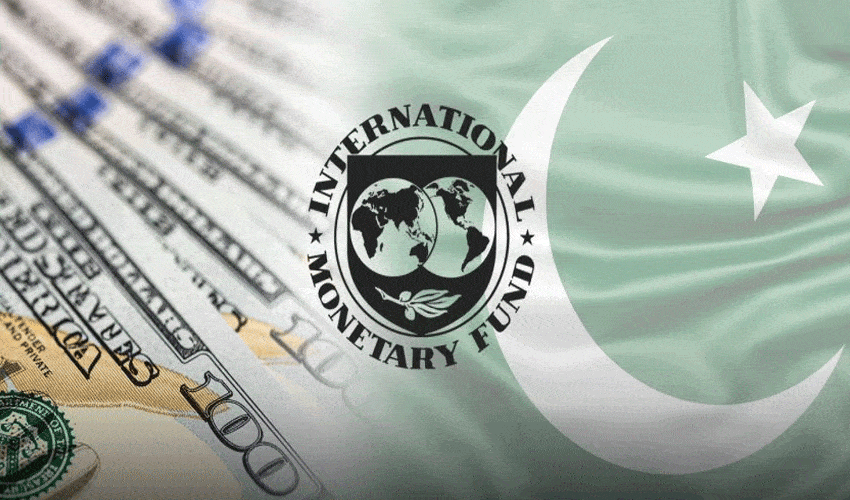ISLAMABAD: Pakistan and the International Monetary Fund (IMF) are holding the second half-yearly economic review talks, with the global lender pressing Islamabad to explain a sharp drop in provincial budget surpluses and demanding urgent measures to curb circular debt in the energy sector.
IMF officials asked provincial governments to justify why their combined surplus reached only Rs921 billion against the target of Rs1,200 billion. Punjab posted Rs348 billion, Sindh Rs283 billion, Khyber Pakhtunkhwa Rs176 billion, and Balochistan Rs114 billion. The IMF mission will meet the KP government separately on September 29 and October 1.
Energy sector under scrutiny
The IMF raised concerns over Pakistan’s power sector and pressed for a concrete plan to curb line losses and power theft while reducing capacity charges. Officials from the Power Division briefed the mission on a Rs1,225 billion loan agreement with banks to wipe out circular debt in six years.
The government assured the IMF it would make repayments through an existing Rs3.23 per unit surcharge without adding new burdens on consumers. Officials said loans had already fallen to Rs397 billion from an earlier estimate of Rs635 billion.
Loan restructuring, privatisation
The new financing deal includes restructuring Rs660 billion in old loans and securing Rs565 billion in fresh credit. Talks with private power producers are underway, with surplus electricity expected to be diverted to industry and crypto mining.
The IMF urged faster governance reforms in power distribution companies (DISCOs). Officials reported progress on privatising three profitable units and said loss-making firms would be handed to private management in coming months.
Revenue performance
The IMF also reviewed Pakistan’s tax record. The Federal Board of Revenue (FBR) reported collections of Rs11.74 trillion in FY24, short of the Rs12.97 trillion target. Officials blamed sluggish economic activity, last year’s floods and unresolved tax cases worth more than Rs250 billion.
Despite the shortfall, Pakistan posted a primary surplus of Rs2.4 trillion—the highest in 24 years—and capped the fiscal deficit at 5.4% of GDP. The number of income tax filers rose from 7 million to 7.7 million.





